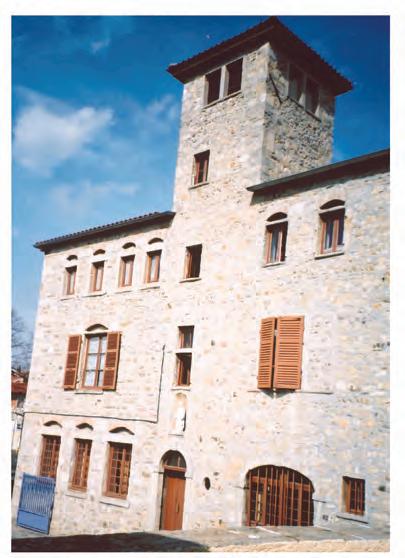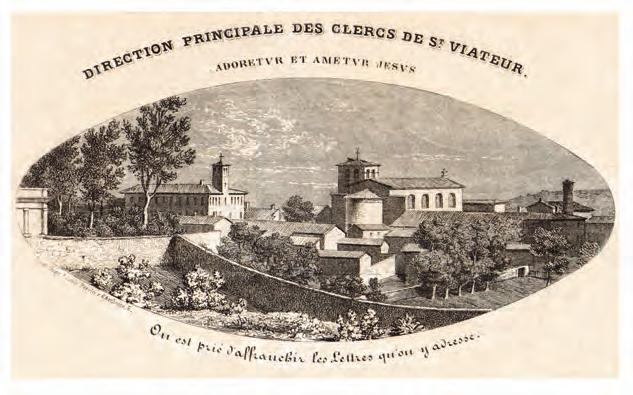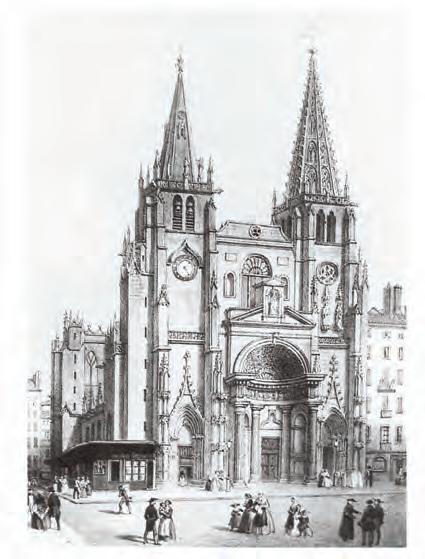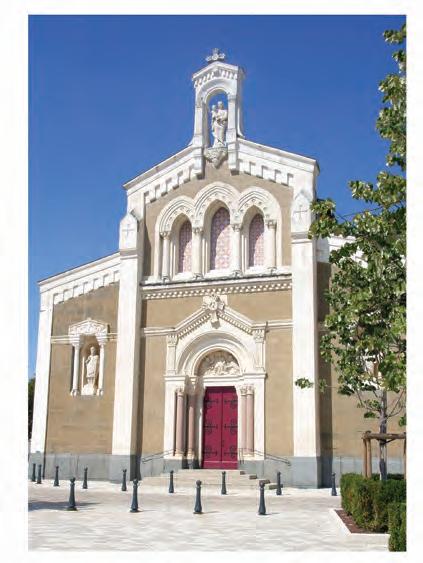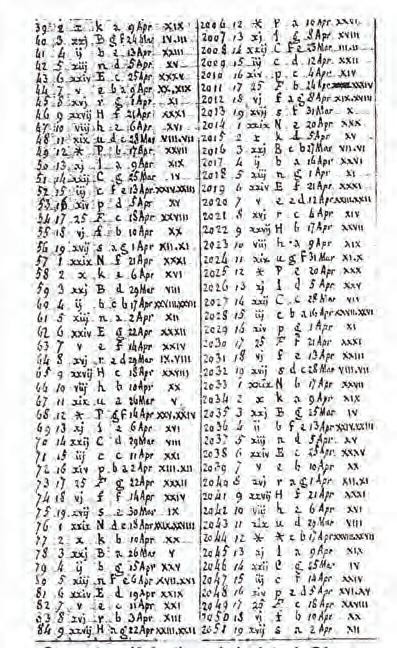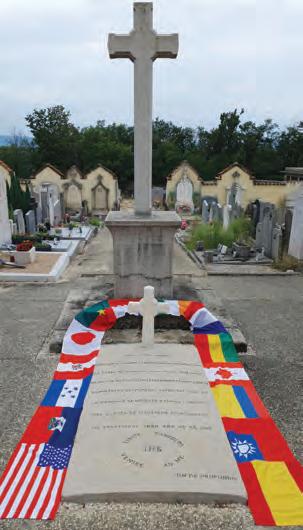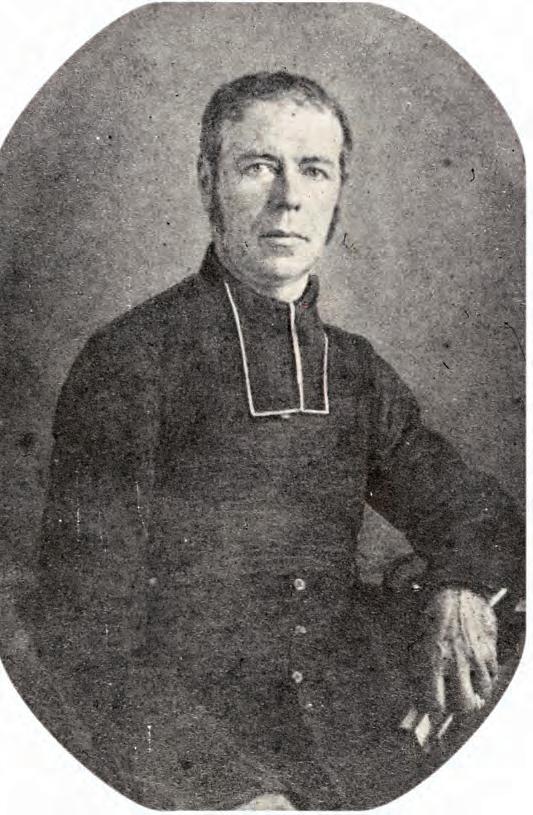
2 minute read
The Roman Surprise
Snuffbox with the Portrait of Pope Gregory XVI
(Offered to Fr. Querbes by Cardinal Odescalchi)
Advertisement
The Roman Surprise
In January and February 1838, while he was the leader of a little more than 20 members, Fr. Querbes prepared the appeal to Rome. In this way, he wanted to secure the future of the society, maintain its unity during its future expansion, ask Rome to approve the lay branch, and obtain final approval of the statutes and not a simple decree of praise. But the third objective concerning the lay catechists would not come to fruition. In May 1838, he left for Rome with two versions of the statutes: the one envisioned by Bishop de Pins, the rules of a religious congregation; the other adding a chapter on the lay catechists – that is to say a branch which was supposed to be the pious association of lay men. He left with a letter of recommendation from the administrator, from Pauline Jaricot, from the Superior General of the Jesuits and from the president of the influential central council of the Propagation of the Faith. In Rome he was backed by Father Roothaan, Superior General of the Jesuits, and his assistants Fr. Rozaven and Fr. Villefort. The stay was an opportunity to once again revise the text of the statutes and make some points clearer, to write useful commentaries on certain points, to be received by Pope Gregory XVI twice, to strengthen the Roman fiber in the pastor of Vourles, even though it was already very solid in him. In fact, it was the text envisioned by Bishop de Pins on which they worked, despite the wishes of the pastor to go further: “The regular society is made up of celibate associates; it was their statutes that were submitted for approval to the Holy See. The other class of secular confreres and pious catechists, who might be married, did not exist then. But the civil government had recognized their right to be led by one person, so how nice it would be to take advantage of that fact!” After a five month stay in Rome, and despite delays which seemed long to the pastor, but which in fact was very short for this type of business, the Congregation of Bishops and Regular Clergy approved the Association of Saint Viator as a congregation of pontifical right on September 21, 1838. During the audience he was granted by Pope Gregory XVI, Father Querbes, who was already Superior General of a congregation, professed the regular perpetual vows of poverty and obedience before the pope.

